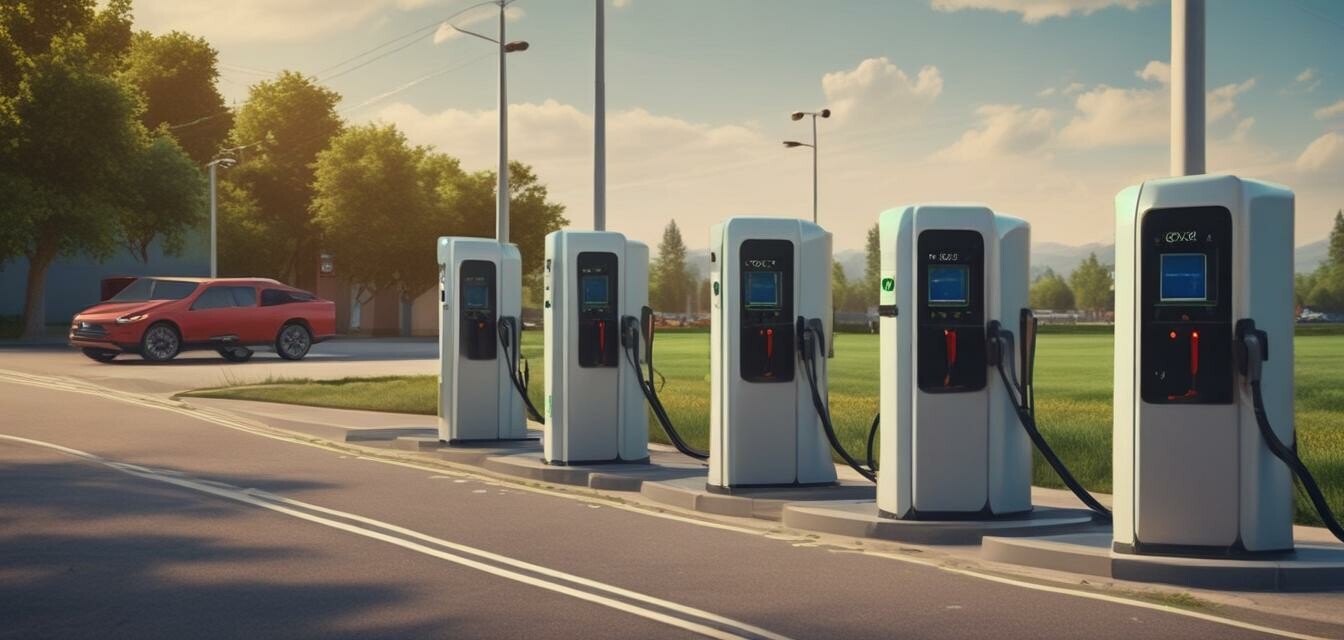
The Rise of Electric Vehicle Adoption: Implications for Electricians
- Electric vehicle (EV) adoption is rapidly increasing due to environmental concerns and advancements in technology.
- Electricians will play a crucial role in installing and maintaining EV charging stations.
- The demand for charging infrastructure creates new job opportunities in the electrician industry.
- Staying updated with the latest trends and technologies in EV charging is essential for electricians.
The wave of electric vehicle adoption is reshaping the automotive landscape, pushing more and more individuals and businesses toward greener alternatives. With electric vehicles becoming a common sight on the road, electrician professionals are facing new demands and opportunities. This article dives into how this shift is impacting electricians, especially regarding the installation and maintenance of EV charging stations.
The Growing Demand for Electric Vehicles
Consumer interest in electric vehicles has skyrocketed, driven largely by:
- Environmental consciousness
- Government incentives and subsidies
- Technological advancements that enhance vehicle range and performance
Impact on Electricians: New Responsibilities and Opportunities
With the proliferation of EVs, electricians are poised to take on significant new responsibilities, including:
- Installation of home and commercial EV charging stations
- Upgrade of existing electrical systems to support charging station requirements
- Regular maintenance and inspection of EV charging infrastructures
Installation of EV Charging Stations
The installation of EV charging stations requires a unique set of skills and knowledge. Electricians must consider factors such as:
- Electrical load calculations
- Local ordinances and building codes
- Placement in optimal locations for user convenience
| Charging Station Type | Installation Considerations | Typical Charging Time |
|---|---|---|
| Level 1 Charger | Standard outlet (120V) | 12-24 hours |
| Level 2 Charger | Requires dedicated circuit (240V) | 4-8 hours |
| DC Fast Charger | High power supply (480V) | 30 min - 1 hour |
Maintenance of Charging Stations
As EV charging stations become more prevalent, regular maintenance becomes essential. Electricians will need to:
- Perform routine inspections and diagnostics
- Address wear and tear on cables and connectors
- Stay informed about software updates and upgrades
Pros
- New revenue streams for electricians
- Increased demand for skilled labor in the EV sector
- Benefits of working with cutting-edge technology
Cons
- Need for continued education and training
- Initial investment in tools and equipment
- Compliance with evolving regulations
Staying Ahead: Training and Certification
To effectively respond to the growing demand for EVs, electricians must pursue ongoing education. Certifications can provide electricians with the credentials needed to stand out in this competitive market. Resources include:
- Online courses on EV charger installation
- Workshops and seminars by industry leaders
- Manufacturer-specific training programs
Industry Trends and Innovations
Electricians should remain updated on emerging trends and technologies affecting the EV market:
- Smart charging solutions that enhance user experience
- Integration with renewable energy sources
- Advancements in battery technology to increase EV efficiency
These trends not only affect how electricians work but also influence the choices customers make regarding installation preferences.
Conclusion
The electric vehicle revolution is not merely a trend; it's a pivotal moment that transforms industries, including the electrician sector. Embracing the changes ahead will equip electricians with the necessary tools and knowledge to thrive. By understanding and preparing for the surge in EV adoption, electricians will be positioned to capitalize on new opportunities that arise.
For more insights into the electrical industry, check out our other articles in our News & Trends section, or explore our tools and accessory kits for the latest tools you might need.